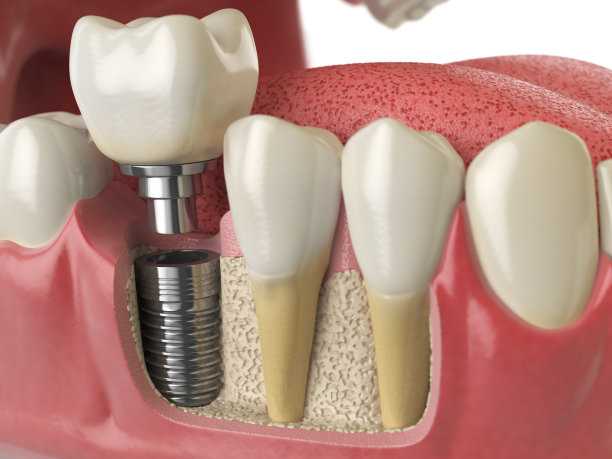Essential Precautions and Guidelines to Consider Before Undergoing a Dental Implant Procedure for Optimal Results
Summary: Dental implant procedures offer a functional and aesthetic solution for missing teeth, but achieving optimal results requires careful preparation. This article outlines essential precautions and guidelines to consider before undergoing such procedures. Key areas of focus include the importance of thorough consultations with dental professionals, assessment of personal health conditions, understanding the procedural process, and maintaining proper post-operative care. Each guideline aims to empower potential patients with necessary knowledge, ensuring they make informed decisions for their dental health.
1. Importance of Professional Consultation

Before undergoing a dental implant procedure, it is crucial to have a thorough consultation with a qualified dental professional. This initial assessment allows the dentist to evaluate the specific needs and conditions of the patient’s dental structure. During this consultation, patients should discuss their expectations, previous dental history, and any concerns they may have about the procedure.
A comprehensive examination often includes imaging tests, such as X-rays or CT scans, to provide the dentist with an accurate view of the jawbone and surrounding teeth. This information is vital for determining the suitability of an implant, as sufficient bone density is necessary for the implant to integrate effectively.
It’s also important to discuss any medications or medical conditions that could affect the procedure or recovery. Being open and transparent about these factors allows the dental professional to create a tailored treatment plan that addresses any risks involved.
2. Assessing Health Conditions and Lifestyle
Before proceeding with dental implants, patients should assess their overall health and lifestyle, as these factors can significantly impact the procedures success. Conditions such as diabetes, heart disease, or autoimmune disorders may require additional evaluation and management before implant placement.
Moreover, habits like smoking can hinder healing and reduce the likelihood of successful integration of the implant. Patients should consider quitting smoking or at least reducing consumption in the weeks leading up to the procedure. Additionally, maintaining a balanced diet can facilitate better healing and bolster the immune system.
Talking to your healthcare provider about any ongoing treatments or medications is also essential since some substances can interfere with the healing process. A holistic view of the patient’s health can vastly improve recovery outcomes.
3. Understanding the Implant Procedure
Becoming familiar with the dental implant procedure will help alleviate patient anxiety and set realistic expectations. The process typically involves several stages, starting with the surgical placement of the implant into the jawbone. Following this, a healing period is necessary for the bone to fuse with the implant, a process known as osseointegration.
Patients should also be aware that additional procedures, such as bone grafting, may be needed if there is insufficient bone tissue for implants. Understanding these details can help patients prepare mentally and physically for the journey ahead.
During the consultation, patients should inquire about anesthesia options and sedation techniques. Knowing what to expect during surgery—whether it be local anesthesia or general sedation—can ease apprehension and create a more comfortable experience.
4. Post-Operative Care and Maintenance
Proper post-operative care is crucial for ensuring the longevity and success of dental implants. After the procedure, patients should adhere strictly to the dentist’s aftercare instructions, which may include medication for pain management and guidelines for dietary restrictions.
Regular follow-up appointments are essential for monitoring the healing process and ensuring the implant is integrating as expected. These visits allow the dentist to address any concerns, such as infection or complications, promptly.
In addition to attending follow-up appointments, maintaining excellent oral hygiene is vital. Patients should continue to practice good dental care routines, including brushing, flossing, and possibly using an antibacterial rinse, to keep the implant and surrounding gum tissue healthy.
Summary:
In conclusion, undergoing a dental implant procedure is a significant decision that involves multiple considerations and preparations. Ensuring a successful outcome requires clear communication with dental professionals, a thorough understanding of personal health conditions, familiarity with the procedural steps, and a commitment to proper aftercare. By adhering to these guidelines, patients can minimize risks and enhance the success of their dental implants.
This article is compiled by Vickong Dental and the content is for reference only.



